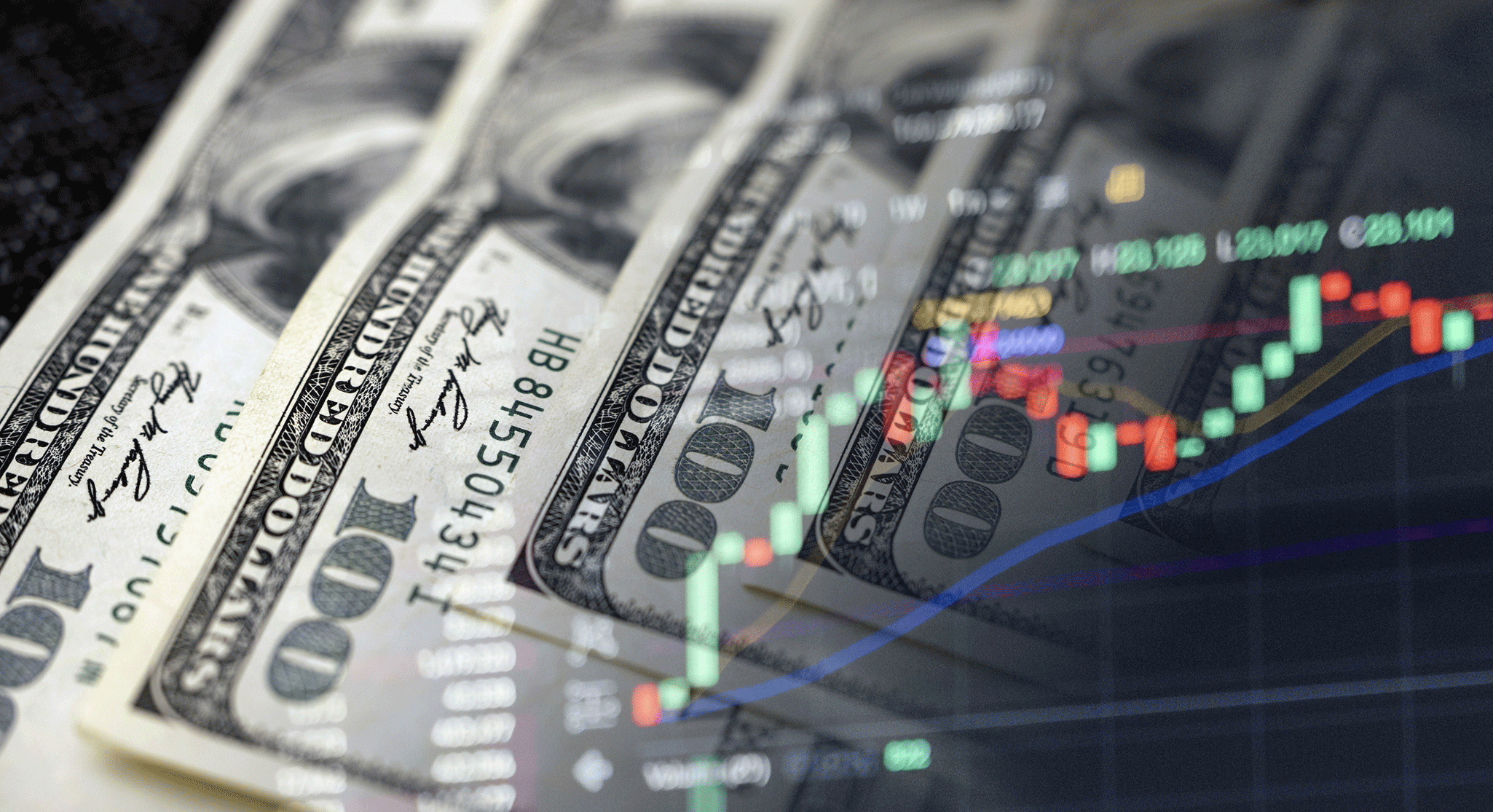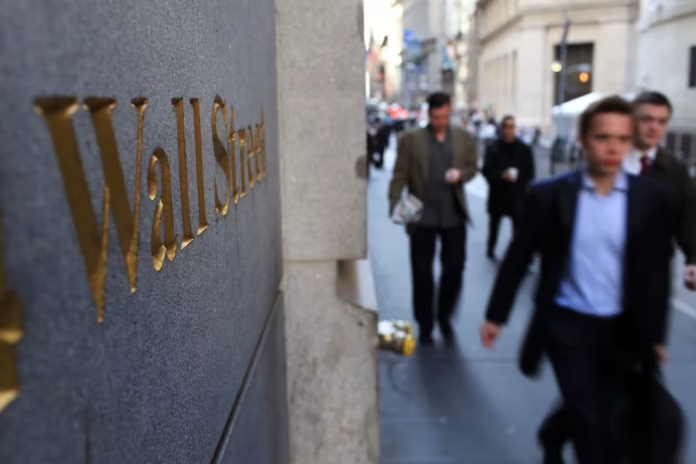Justin Zhou
The bond market sell-off intensified on Friday, capping off one of the most turbulent trading weeks in recent history. The surge in yields was triggered by President Trump’s tariffs, prompting investors to abandon safe-haven assets.
Long-term Treasury yields soared, with the 10-year yield (^TNX) reaching its highest point since February, peaking at 4.59%. This marked a dramatic 72 basis point increase from Monday’s low of 3.87%. After the market closed, yields settled around 4.49%.
Data from Yahoo Finance indicates that this week has seen the largest increase in the 10-year yield since November 2001.
Similarly, the 30-year yield (^TYX) rose by 3 basis points to nearly 4.88%, the highest level since January and the largest weekly jump for this yield since 1982.
Yields and bond prices move in opposite directions, which means rising yields lead to falling bond prices.
The bond market acts as a form of “cash collateral” for investors, allowing them to borrow money and invest in riskier assets like stocks. It’s also considered a safe haven during uncertain times, a sentiment that resonates as Wall Street grapples with concerns that changing trade dynamics could trigger a recession.
Analysts on Wall Street have proposed several theories for the recent volatility in yields, ranging from persistent inflation and a cautious Federal Reserve to a shift in investor preference from bonds to cash.
As worries grow about the health of the U.S. economy, increasing skepticism regarding the stability of traditional safe-haven assets could lead to broader disruptions across the financial system.
“I do think it’s severe,” said Marc Chandler, chief market strategist for global foreign exchange at Bannockburn, when discussing the sell-off in the U.S. dollar and bond market. “People are concerned that we might be witnessing a capital strike against the U.S., where large pools of capital are selling American assets and taking their money home.”
This suggests that a potential “sell America” trade may be developing, drawing the attention of President Trump.
On Friday, China reacted to the U.S. implementing a 145% tariff on Chinese imports by raising its duties on U.S. goods to 125%.
Kathy Jones, chief fixed-income strategist at Charles Schwab, told Yahoo Finance that the volatile market developments and shifting trade policies will likely keep yields elevated in the near term.
She emphasized that bonds are closely linked to several critical market factors, including stock valuations, borrowing costs, interest rates, and overall financial conditions.


